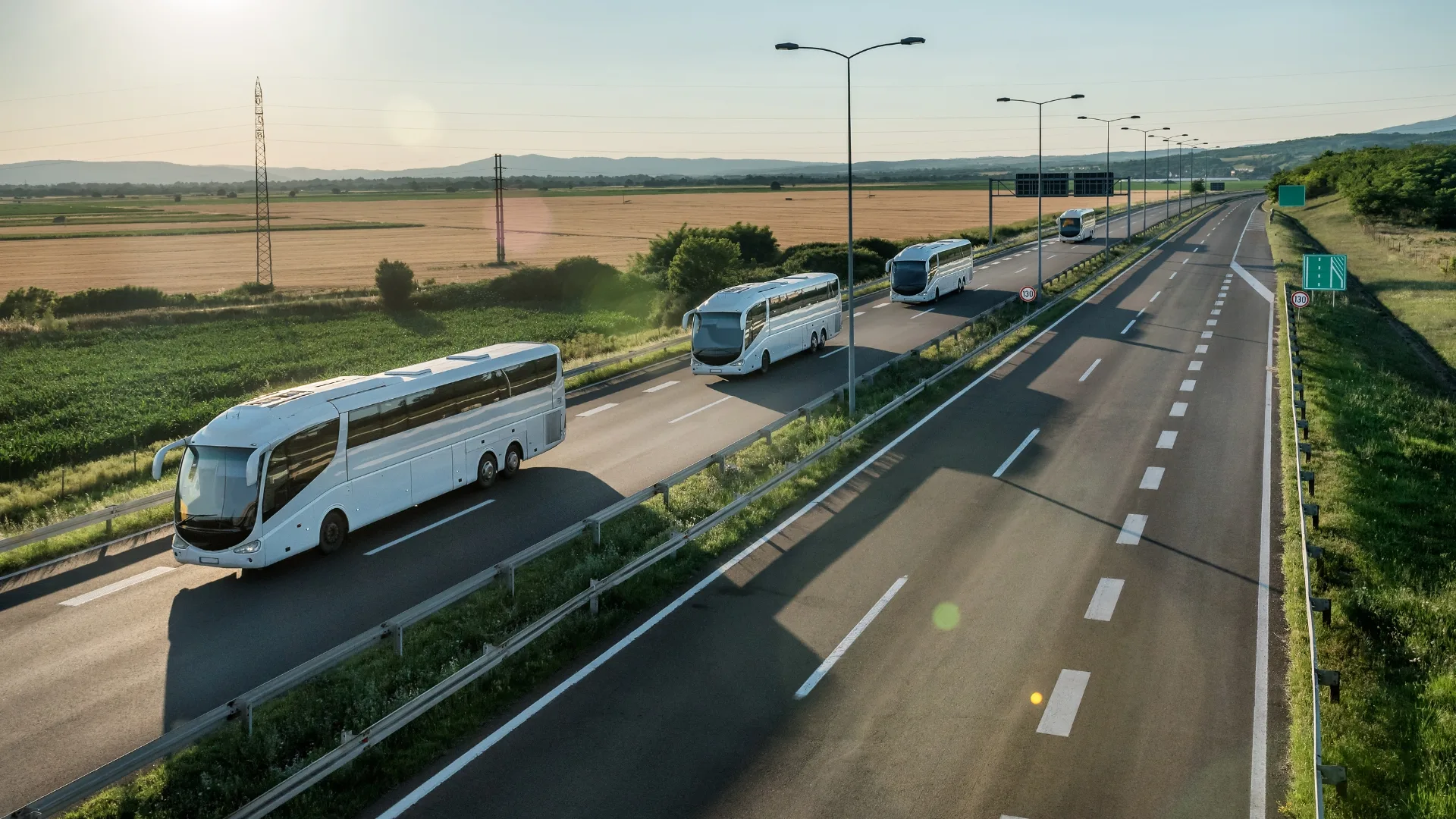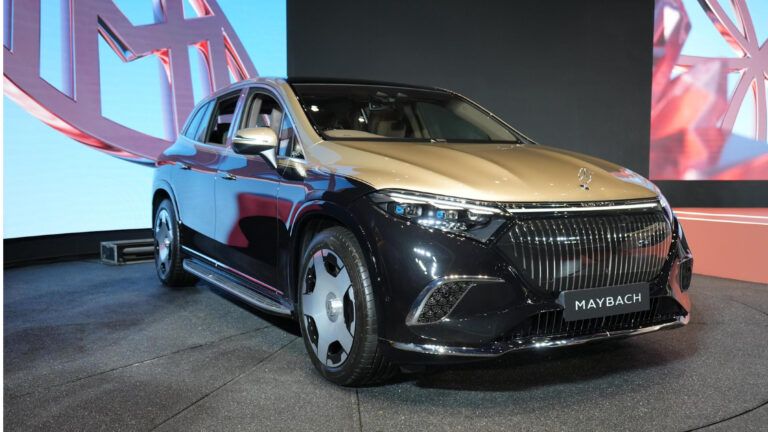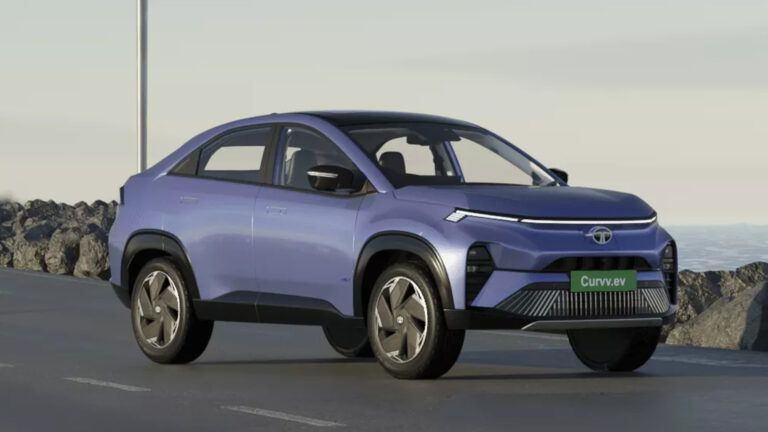The Indian government is beginning an ambitious plan to build electric vehicle-ready highways or “green highways” along the Golden Quadrilateral, which connects Delhi, Mumbai, Kolkata, and Chennai. This effort seeks to minimize fuel use and vehicle emissions by electrifying intercity transportation. Over the next seven years, the government intends to build 6,000 electric roadways powered by green energy-enabled charging infrastructure. This action is part of Vision 2030: PM Public Transport Sewa, which emphasizes the use of e-mobility and the deployment of electric buses throughout the country.
The construction of electrified roadways is consistent with the government’s objective of replacing 8,00,000 obsolete diesel buses with electric vehicles by 2030. Stakeholders are now discussing the introduction of 2,00,000 electric buses for state transit, 5,50,000 for private operators, and 50,000 for schools and employee transportation. These initiatives are intended to result in a robust ecosystem for electric cars (EVs) in India.
To accelerate the adoption of EVs, the new e-highways will play an important role in creating charging infrastructure. The government’s proposal to transform existing highways into e-highways using the construct, operate, and transfer (BOT) model includes private enterprises. The Ministry of Road Transit and Roads is working on locating and converting roads, as well as installing charging stations for electric buses, to promote cost-effective green intercity public transit.
The Golden Quadrilateral, the longest highway network connecting major cities and industrial areas, provides a perfect canvas for the deployment of electric roads. This change is intended to dramatically cut logistical costs and emissions, following COP28 standards. Electric roads are noted for their energy efficiency, as they provide electricity to driving automobiles via overhead power lines.
Nitin Gadkari, Minister for Road Transport and Roads, emphasized the economic feasibility of creating electrified roads. The concept envisions the power ministry delivering energy at subsidized prices, private investors building electric lines, and the National Highways Authority of India (NHAI) creating an electric pricing system.
In September of last year, the government declared its support for electric roads, emphasizing the importance of green transportation in reducing pollution and logistical costs. The projected electrified roads aim to cause a significant transformation in India’s transport environment by making it sustainable and less dependent on fuel imports.








